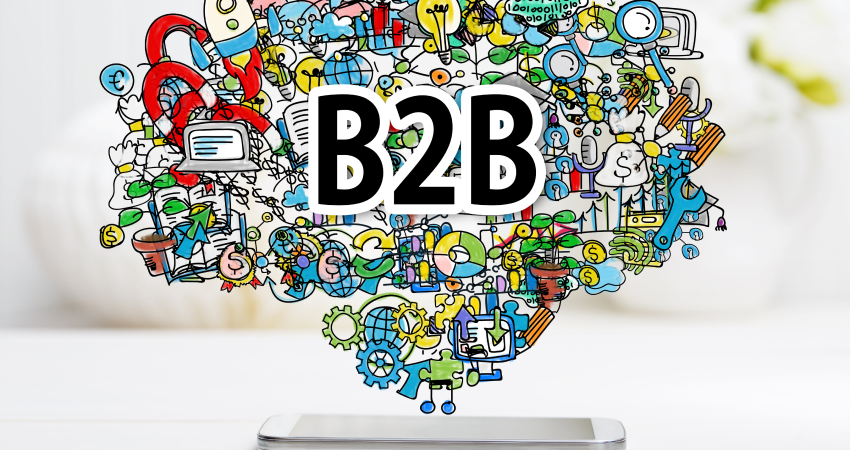Introduction:
As B2B ecommerce continues to flourish, businesses are seeking robust platforms that cater specifically to their unique needs. Choosing the right B2B platform is crucial for delivering seamless online experiences, managing complex sales processes, and driving growth. In this blog post, we explore some of the best B2B platforms available, including Magento, SAP Commerce, Shopify, Salesforce B2B Commerce, and BigCommerce. We will delve into their features, strengths, and differences to help businesses make an informed decision.
Magento:
Magento, an Adobe-owned platform, is highly regarded in the B2B ecommerce space. It offers extensive flexibility and customization options, making it suitable for businesses with complex B2B requirements. Magento provides robust catalog management, advanced pricing options, and customizable workflows to handle intricate sales processes. Its vast extension marketplace allows businesses to enhance functionality and integrate with various systems. Magento’s open-source version (Magento Open Source) is popular among businesses seeking complete control and customization, while its cloud-based version (Magento Commerce) offers additional features and support.
SAP Commerce:
SAP Commerce (formerly Hybris) is a comprehensive B2B platform with a strong focus on enterprise-level businesses. It provides extensive features for managing complex product catalogs, multiple price lists, and diverse customer hierarchies. SAP Commerce offers powerful order management capabilities, advanced pricing and promotions, and seamless integration with SAP’s ERP solutions. Its robust personalization and marketing tools enable businesses to deliver tailored experiences to their B2B customers. SAP Commerce is known for its scalability, performance, and global capabilities, making it an ideal choice for large enterprises.
Shopify:
While Shopify is widely recognized for its success in the B2C realm, it has also made significant strides in the B2B space. Shopify Plus, the enterprise-level offering, provides B2B functionality tailored to businesses’ specific needs. It offers robust multi-channel selling capabilities, streamlined order management, and integrations with popular B2B apps. Shopify Plus’s user-friendly interface and intuitive admin panel make it accessible for businesses of all sizes. However, it’s worth noting that Shopify’s B2B features may not be as extensive as other dedicated B2B platforms.
Salesforce B2B Commerce:
Salesforce B2B Commerce, previously known as CloudCraze, is a B2B platform built on the Salesforce CRM ecosystem. It offers seamless integration between sales, marketing, and customer service, providing a unified experience across the customer journey. Salesforce B2B Commerce provides comprehensive B2B functionality, including complex pricing and discounting, account-based selling, and flexible product catalogs. Its robust CRM capabilities enable businesses to personalize customer experiences and drive customer loyalty. Salesforce B2B Commerce is an excellent choice for businesses already leveraging Salesforce’s CRM solutions.
BigCommerce:
BigCommerce is a cloud-based ecommerce platform that offers B2C and B2B functionality. It provides a user-friendly interface, a wide range of design templates, and easy-to-use tools for managing product catalogs, inventory, and orders. BigCommerce offers flexible pricing and discounting options, multi-store capabilities, and integrations with popular B2B apps. While BigCommerce may not have the same level of customization as Magento or SAP Commerce, it is a solid choice for small to mid-sized B2B businesses seeking a reliable and easy-to-use platform.
Conclusion:
Choosing the right B2B platform is a critical decision that can significantly impact the success of your B2B ecommerce operations. Magento, SAP Commerce, Shopify, Salesforce B2B Commerce, and BigCommerce are all powerful platforms with unique strengths and capabilities. Consider your business requirements, scalability needs, customization preferences, and budget when evaluating these platforms. By selecting the platform that aligns best with your B2B goals, you can create exceptional online experiences, streamline sales processes, and drive growth for your B2B business.

